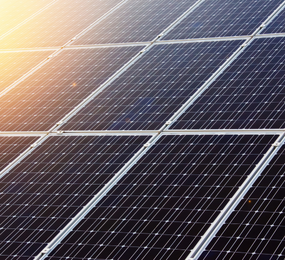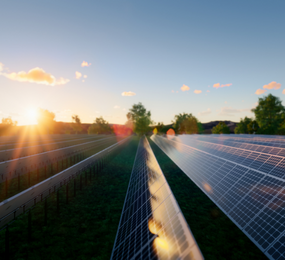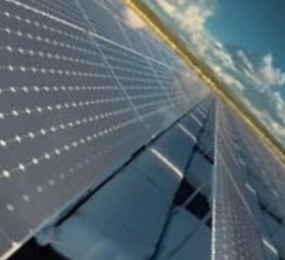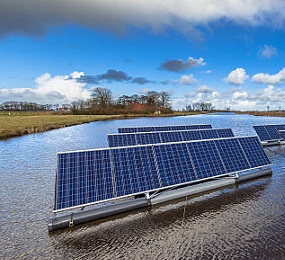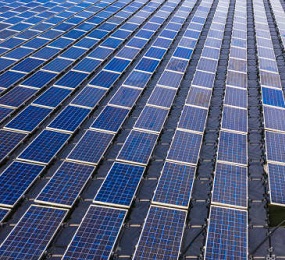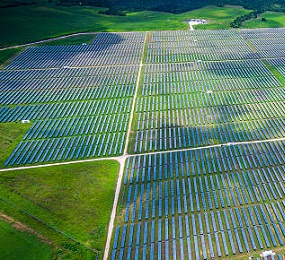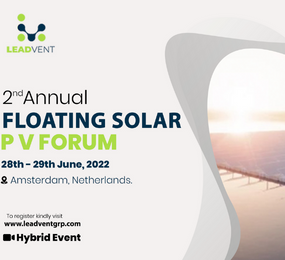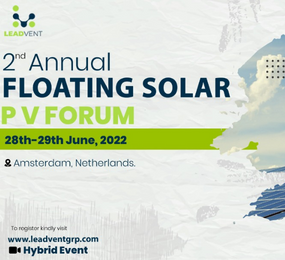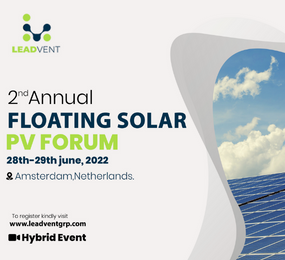A new megawatt-scale deployment option is the floating solar photovoltaic (FPV) system. A photovoltaic system known as a floating PV power station produces electricity by floating PV modules on the water using a special type of floating base. In general, floating PV systems can be used on surfaces of water, such as ponds, small lakes, reservoirs, and so forth.
The sustainable growth and management of FPV systems require extensive analysis of designs and construction, PV technologies and their performance reliability, performance modeling and cooling strategies, evaporation, economic and environmental elements of these systems.
Installed FPV systems have additional advantages, such as higher energy yield due to the water-cooling effect (it has been tested and shown that efficiency can increase by up to 10%, and theoretically much more). However, tests showed that water is not the optimum surface for reflecting the sun straight into the modules, and the results of enhanced yield were negligible. In theory, bi-facial modules had the potential to be more efficient. Glass-glass modules, however, have proven to be more resilient in installations with more challenging environmental circumstances. The problem of water evaporation in particular regions can be resolved by covering the surface with FPV.
Even while there are a lot of potential advantages, there are still a lot of challenges to be resolved. However, a floating structure for PV and anchoring calls for fresh perspectives from the engineering field. The design also becomes extremely sensitive to the surrounding environment, requiring an assessment of the effects of wind, possible waves, and subfreezing temperatures above the ground. water levels that are constantly fluctuating, particularly when deploying FPV next to hydropower dams that are in operation or on hydro pumped storage reservoirs. The water body's bed becomes important since the anchoring system must guarantee reliable safety under a variety of circumstances.
The other aspect is regulation and permitting for such constructions and systems to appear on water surface, as there are many different views when talking about renewable energy like FPV development.
Join us on 27th - 28th June, 2023 for the 3rd Annual Floating Solar PV Forum, in Amsterdam Netherlands so you don't feel left out in the industry!
To register or learn more about the Forum please check here: https://bit.ly/3zVvdfN
For more information and group participation, contact us: [email protected]


